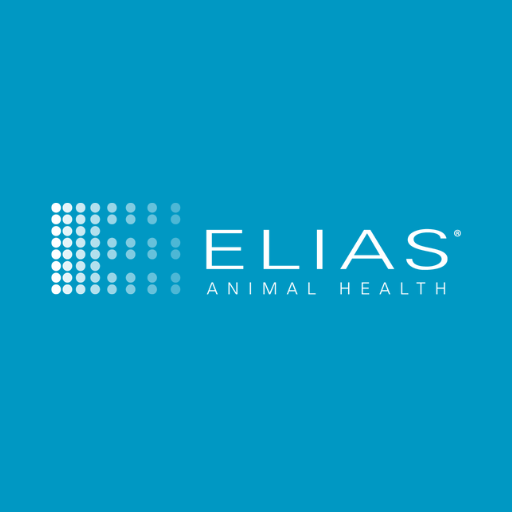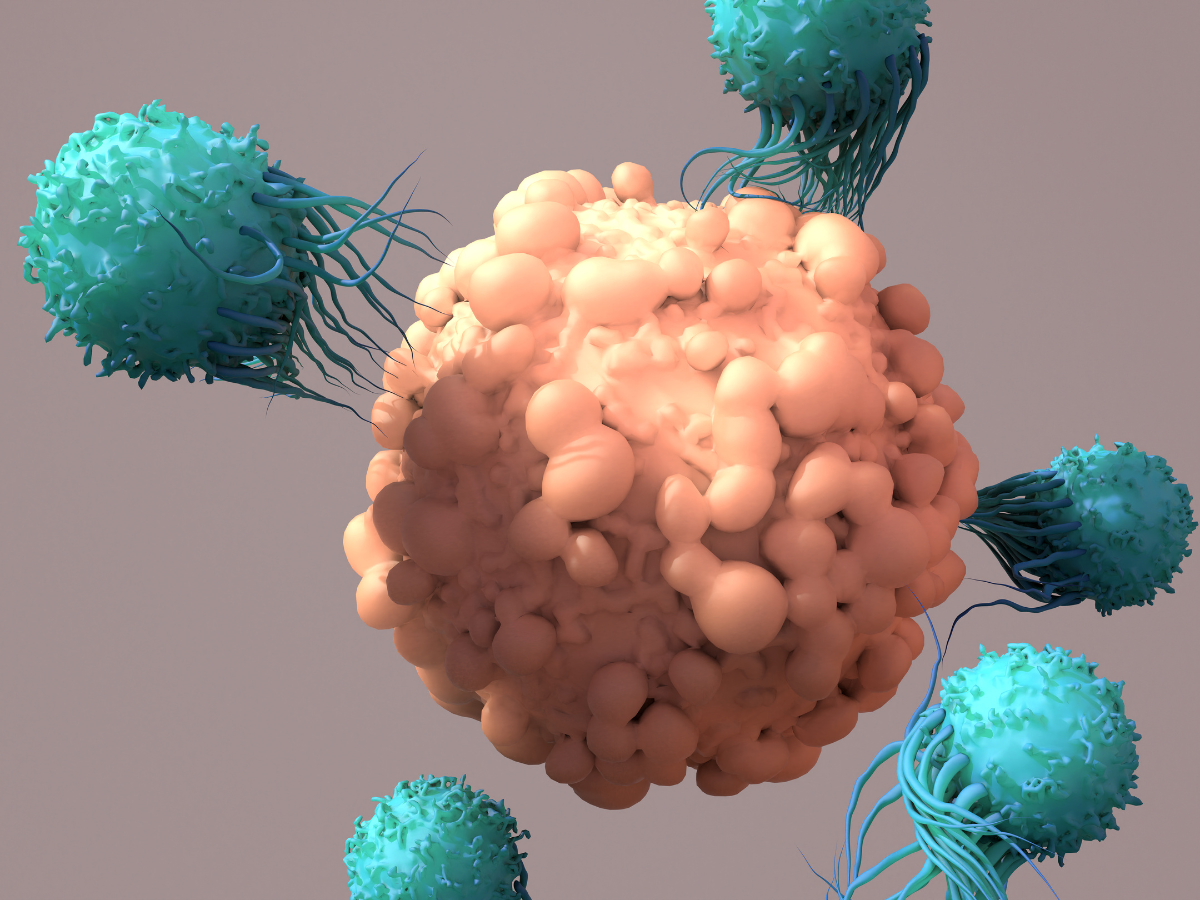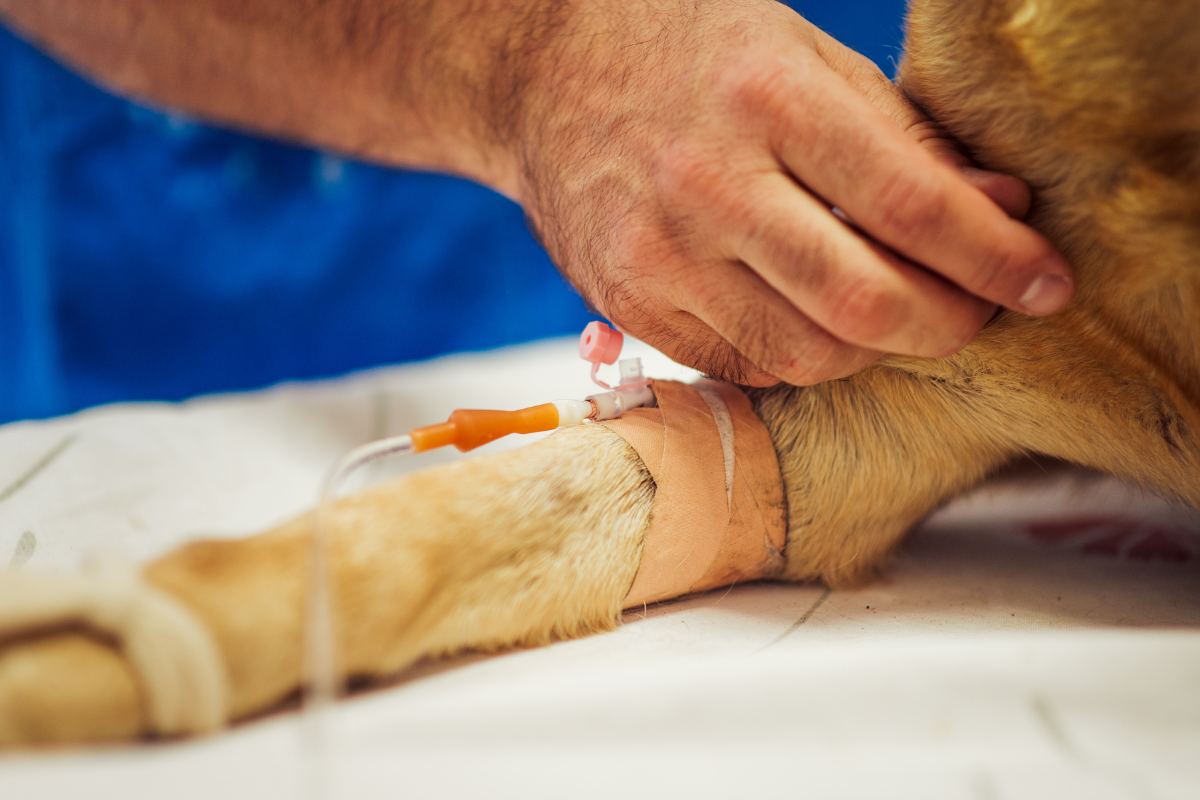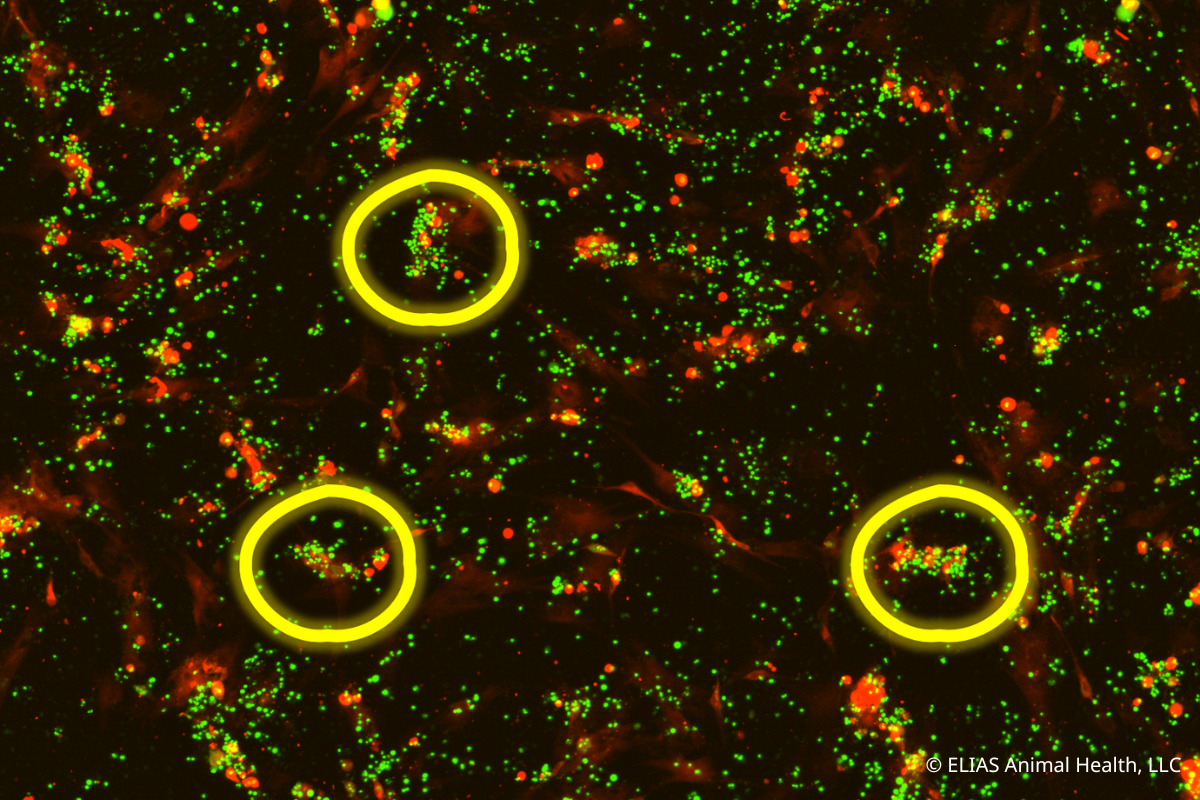USDA Agrees Clinical Trial Data for the ELIAS Cancer Immunotherapy (ECI®) Demonstrates Reasonable Expectation of Efficacy for the Treatment of Bone Cancer in Dogs
First-in-class adoptive cell therapy for treatment of osteosarcoma, a deadly form of bone cancer in dogs OLATHE, Kan., Jan. 17, 2024 /PRNewswire/ -- ELIAS Animal Health, a leading companion animal cancer therapeutics company, today announced the U.S. Department of Agriculture Center for Veterinary Biologics has determined that the data from the company’s ECI-OSA-04 pivotal combined safety and efficacy study demonstrated a reasonable expectation of efficacy, a critical milestone in the licensure pathway. Cancer is the leading cause of death in dogs over the age of two and represents a significant unmet medical need in veterinary medicine. This two-arm field safety and efficacy study (n=100) is one of the largest clinical trials conducted in canine cancer and the first of its kind to evaluate a state-of-the-art adoptive cell therapy as a treatment for cancer in dogs. The ELIAS Cancer Immunotherapy (ECI®) works by conditioning the immune system to recognize a patient’s [...]






